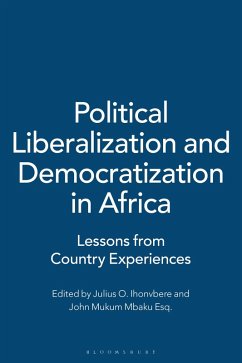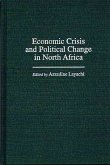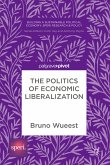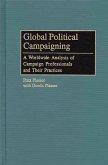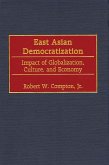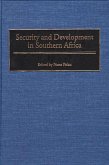Since the late 1980s, Africans have been engaged in efforts to transform their societies and provide themselves with more effective governance and economic structures. Unfortunately, most of these efforts have not progressed beyond simple elections. The contributors to this volume provide strategies that Africans can use to deepen democracy, improve resource allocation, and enhance their ability to coexist peacefully. Mbaku, Ihonvbere, and their contributors, while adopting a critical approach to the study of African political economy, take a stand against Afro-pessimism. They articulate an holistic agenda for addressing Africa's mulitfarious problems, reject received knowledge, and, through a dialectical methodology, draw attention to the centrality of social categories/classes, the state, civil society, the environment, communities, and patterns of change in the continent. Relying on fieldwork, hard data, and critical reviews of the extant literature, the volume highlights the importance of democracy and democratization to the urgent restructuring that Africa needs in the new globalization. Paying attention to the continent's historical experiences and its specificities, the contributors draw attention to the importance of grassroots action, leadership, and the need to constitutionally entrench civil liberties.
Bitte wählen Sie Ihr Anliegen aus.
Rechnungen
Retourenschein anfordern
Bestellstatus
Storno

